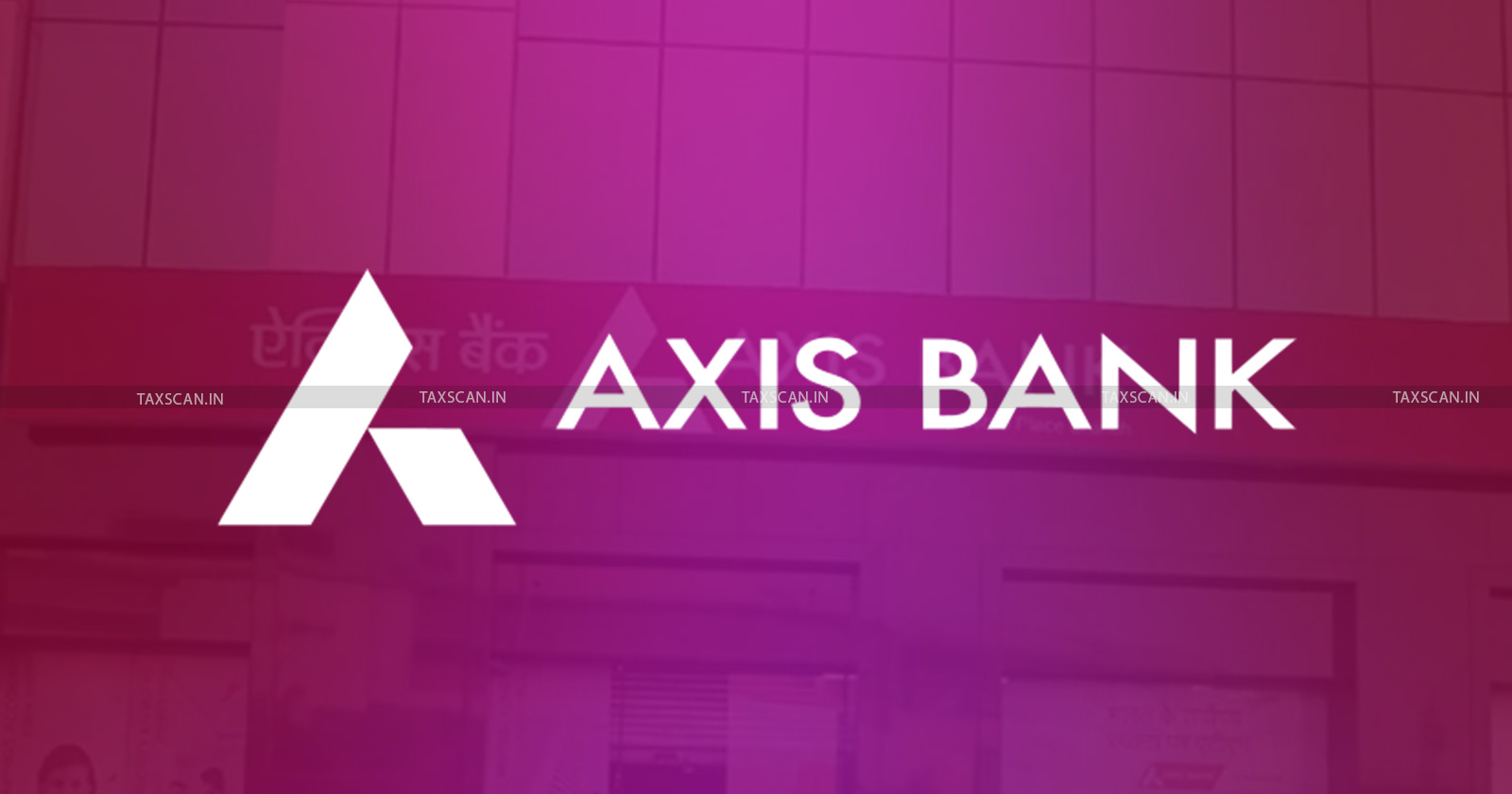Brought Forward Business Loss Cannot Be Set Off Against Short-Term Capital Gains u/s 50 of Income Tax Act: ITAT [Read Order]
The assessee argued that such set-off was permissible, citing ITAT and High Court decisions, but the Department contended that gains under Section 50 were short-term capital gains and Section 41(2) was not applicable
![Brought Forward Business Loss Cannot Be Set Off Against Short-Term Capital Gains u/s 50 of Income Tax Act: ITAT [Read Order] Brought Forward Business Loss Cannot Be Set Off Against Short-Term Capital Gains u/s 50 of Income Tax Act: ITAT [Read Order]](https://images.taxscan.in/h-upload/2025/08/23/2079862-cita-disallow-a-claim-of-business-loss-in-the-presence-of-evidence-itat-taxscan.webp)
The Mumbai Bench of Income Tax Appellate Tribunal (ITAT) held that brought forward business loss could not be set off against short-term capital gains from the sale of depreciated assets under Section 50 of Income Tax Act,1961.
Sabeena Silk Mills ,appellant-assessee,filed its return of income on 15/02/2022, declaring Rs.1,78,62,050/- as capital gains on the sale of depreciated assets under section 50 of the Act and computed total income at ‘Nil’ after setting off unabsorbed depreciation and brought forward business loss.
Get a Handbook on TDS Including TCS as Amended up to Finance Act 2024, Click Here
The CPC processed the return under section 143(1) and incorrectly determined the income at Rs.3,41,36,520/-. On rectification under section 154, CPC allowed set-off of unabsorbed depreciation but disallowed the brought forward business loss, recomputing income at Rs.1,62,71,529/-.
The Assessing Officer (AO ) upheld the disallowance, and the Commissioner of Income Tax (Appeals)[CIT(A)] confirmed the rectification order. The assessee then filed the present appeal before the tribunal.
The assessee counsel argued that the CIT(A) wrongly denied the set-off of brought forward business loss of Rs.1,77,49,496/- against the current year’s capital gains from the sale of depreciated assets under section 50. It was stated that the return was filed on time and the losses were duly carried forward from A.Y. 2018-19 to A.Y. 2020-21.
The counsel relied on the ITAT Mumbai decision in ITO v. Smart Sensors & Transducers Ltd., which allowed set-off of brought forward business loss and long-term capital loss against short-term capital gains under section 50. Reliance was also placed on the Bombay High Court rulings in CIT v. Manali Investments and PCIT v. Alcon Developers, which held that such set-offs were permissible.
The counsel further clarified that the ITAT decision in Everest Kanto Cylinders Ltd. was not applicable to the present case.
The departmental counsel supported the orders of the revenue authorities and argued that the case cited by the assessee dealt with the set-off of unabsorbed depreciation and was not relevant to the present case involving brought forward business loss.
It was stated that gains from the sale of depreciated assets were treated as short-term capital gains under section 50 and could not be considered business income under section 41(2). Since no depreciation was claimed under section 32(1)(i) and no such claim was made in the return, the reliance on section 41(2) and the cited case was found incorrect.
Referring to the Supreme Court ruling in CIT v. Urmila Ramesh, the counsel stated that the excess amount over the written-down value could not be treated as business profits. The appeal was therefore dismissed.
The two member bench comprising Anikesh Banerjee (Judicial Member) and Narendra Kumar Billaiya (Accountant Member) examined the case and noted that the issue was whether the brought forward business loss could be set off against the current year’s capital gains from the sale of depreciated assets.
The appellate tribunal noted that the issue was covered by the co-ordinate bench decision in Everest Kanto Cylinders Ltd. (supra). The assessee argued that the loss on the sale of depreciated assets should be treated as a business loss under Section 41(2) based on the Share Aids (P) Ltd. judgment and claimed that Section 50, being a deeming provision, should not override Section 41(2).
 Also Read:Relief to Axis Finance Ltd: ITAT Allows Club Membership Fees for Employees incurred as Business Expense [Read Order]
Also Read:Relief to Axis Finance Ltd: ITAT Allows Club Membership Fees for Employees incurred as Business Expense [Read Order]
The Department opposed this and argued that Section 41(2) applied only to undertakings engaged in power generation using the straight-line depreciation method. Since the assessee claimed depreciation under the written-down value (WDV) method for assets grouped as a “block of assets,” the tribunal held that Section 41(2) was not applicable. The loss was, therefore, treated as a short-term capital loss (STCL) under Section 50.
The tribunal further observed that, as per the amendment to Section 70 and Section 71(3), STCL could be set off only against capital gains and not against business income. Accordingly, the tribunal upheld the CIT(A)’s decision, confirmed the addition of ₹56,79,598, and dismissed the appeal.
The bench, after examining the facts and relying on the binding ratio laid down by the co-ordinate bench in Everest Kanto Cylinders Ltd. (supra), concluded that the brought forward business loss could not be set off against short-term capital gains computed under Section 50.
It was observed that Section 41(2) did not apply and, as per Sections 70(2) and 71(3), such losses had to be dealt with only under the head “Capital Gains.” The bench upheld the CIT(A)’s order and dismissed the appeal.
Support our journalism by subscribing to Taxscan premium. Follow us on Telegram for quick updates


